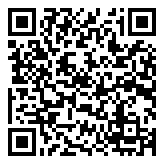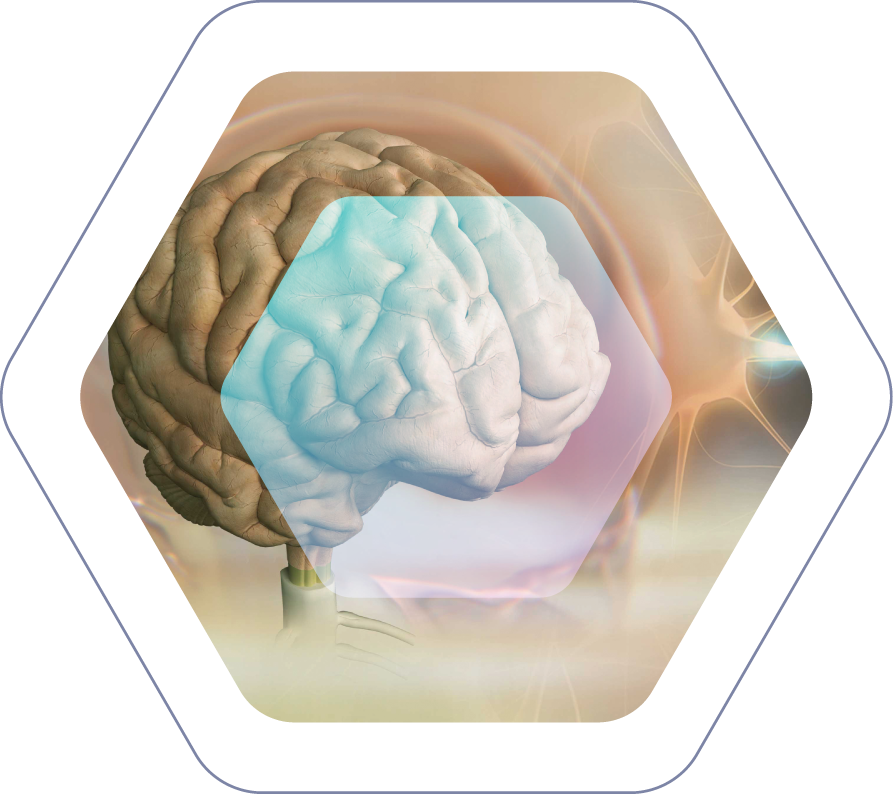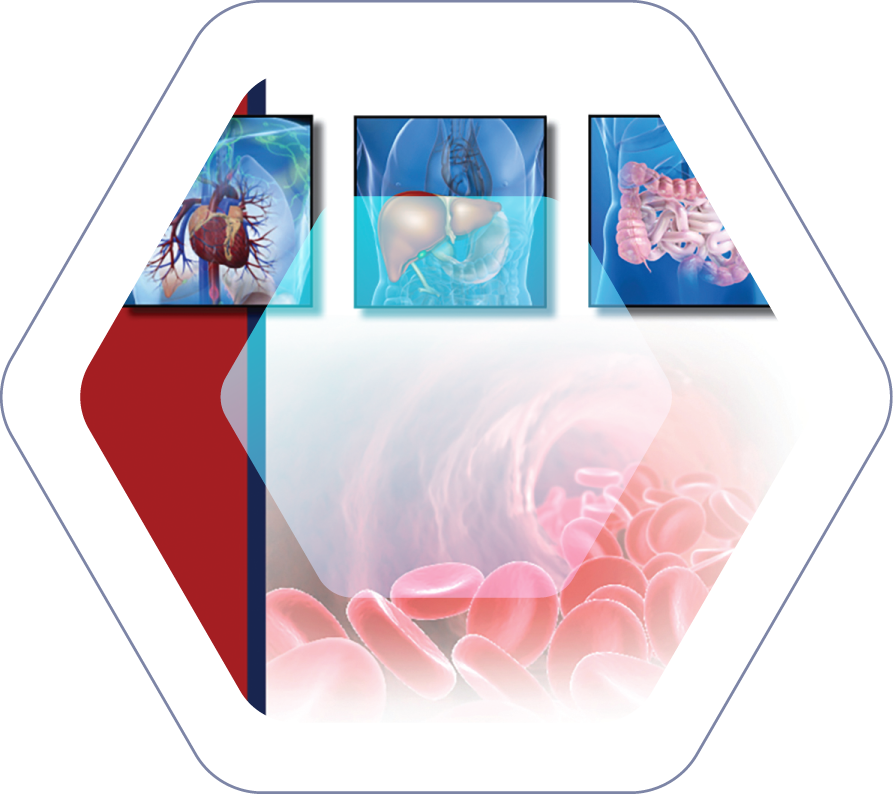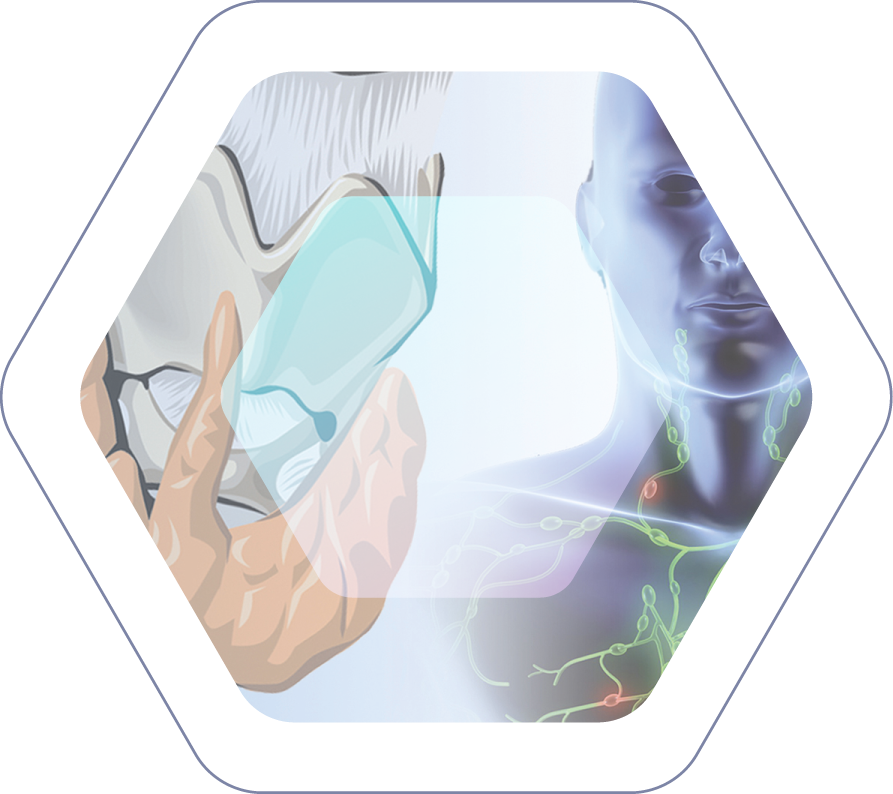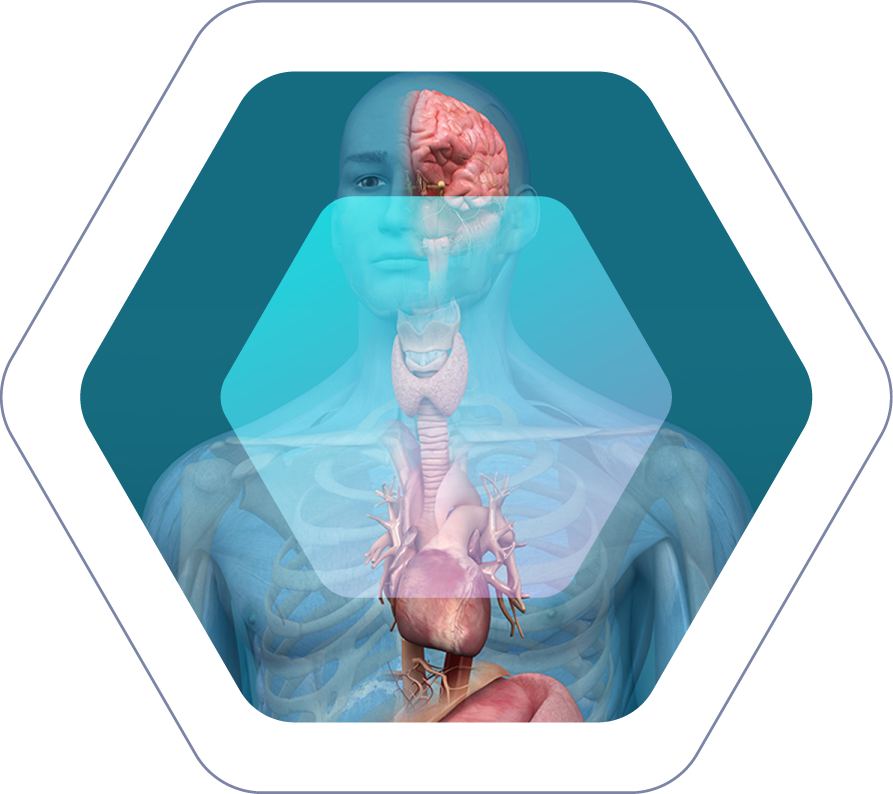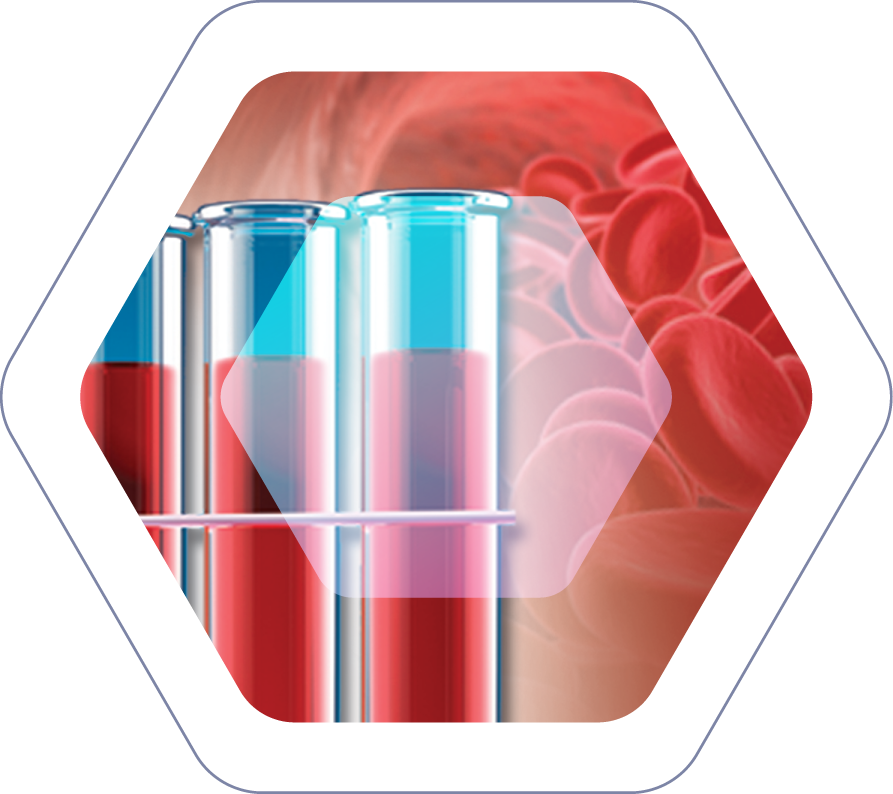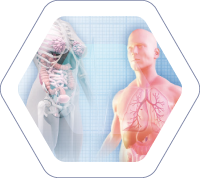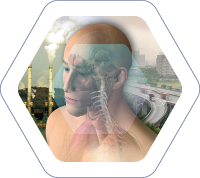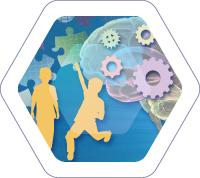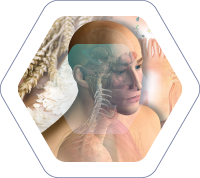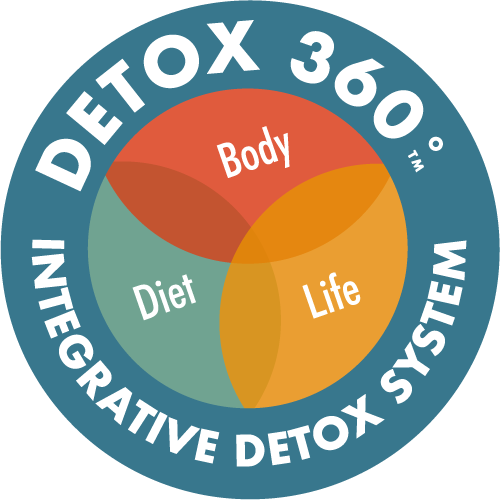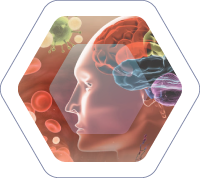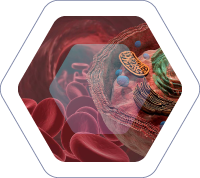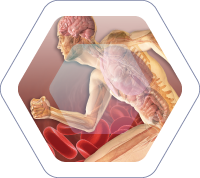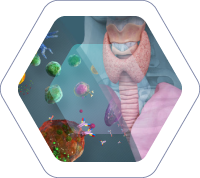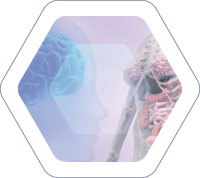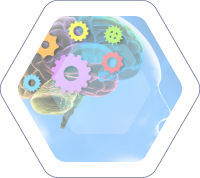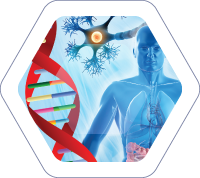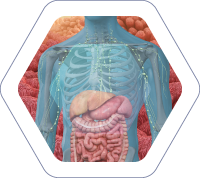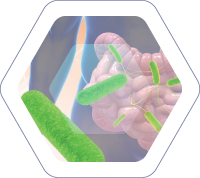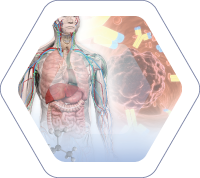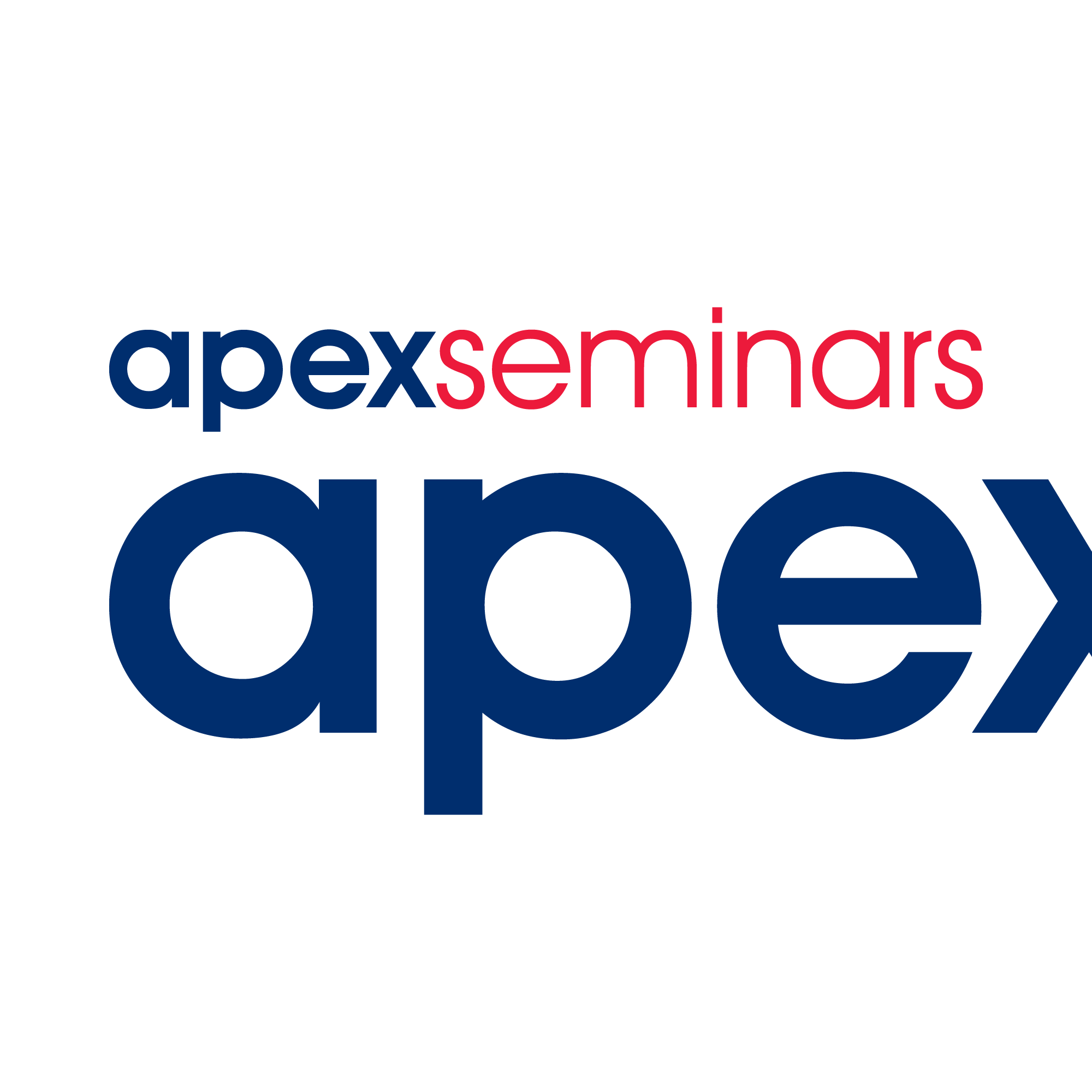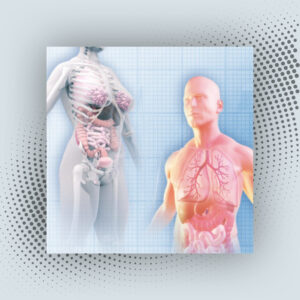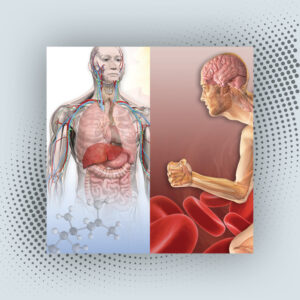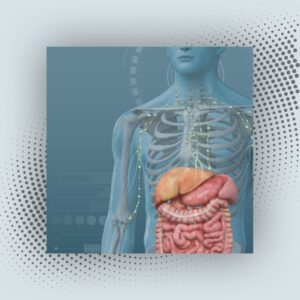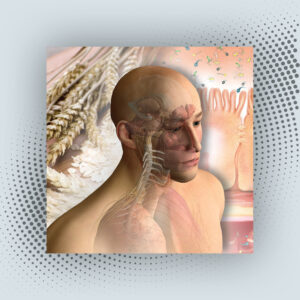
Development and Aging of the Brain
This unique 1-day seminar is designed to educate the healthcare professional in understanding the proper development and physiology of the brain.
Topics presented will include understanding how to assess and evaluate brain development and function, starting from fetal development. In addition, attendees will understand how other influences can change physiology and eventually lead to abnormal brain aging, otherwise known as neurodegeneration. The ability for the healthcare professional to evaluate and recognize proper development and physiology of the brain is imperative to support healthy brain aging.
A review of human physiology will be followed by laboratory applications, differential diagnoses, and clinical applications. Attendees will also be presented case studies with clinical applications, assessment, and health maintenance (including dietary, lifestyle, and nutritional support) from an evidence-based approach/model, and when to refer for further consultation and/or evaluation. Important clinical jewels and insights will be discussed.
Renewing The Aging Brain
This informative presentation will explore how the aging process in the brain is strongly influenced by various physiological mechanisms. As the brain ages, it can either develop greater function, called “positive plasticity,” or lose neurons, resulting in degenerative disease processes. Losses of function, such as memory, visual acuity, balance, hearing, digestive motility, creativity, motivation, handwriting, etc, will be presented.
Earliest Signs
The earliest signs of an aging brain
Qualitative & Quantitative Neuronal
Qualitative and quantitative neuronal differences between dementia and Alzheimer’s disease
Neurotransmitters & Neurodegeneration
The effects of neurotransmitters and neurodegeneration on mood and brain function
Neurochemistry of Childhood Brain Developmental Disorders
Endocrine Shifts
The positive and negative endocrine shifts that may occur after exercise
Immunometabolism
Information on immunometabolism, including the role the immune system plays in metabolism and obesity
Author
Dr. Datis Kharrazian
PhD, DHSc, DC, MS, MMSc, FACN
Disclaimer
All information, data, and material contained, presented, or provided in this seminar is for general information purposes only and is solely the opinion of the author and presenter.
By being a participant in this seminar, your voice, image, or likeness may be videotaped, audiotaped, photographed, and/or recorded by us. You hereby grant permission to us to capture and reproduce your voice, image, and/or likeness, and to edit, use, and/or distribute it as part of this seminar recording without limitation. Further, you irrevocably convey and assign to us all right, title, and interest, including copyright and moral rights, you or your heirs and assigns may have to all these items.
